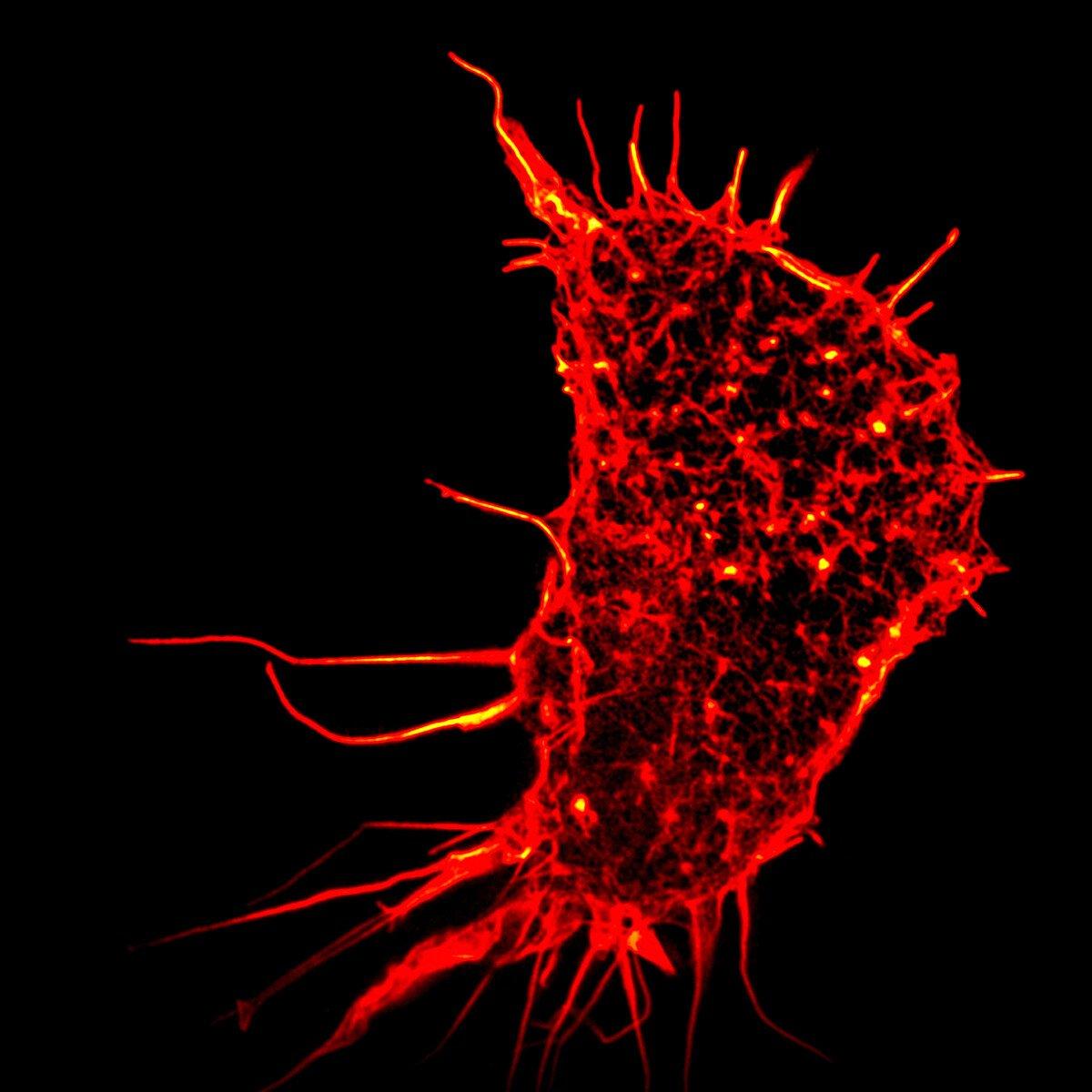How to make sense of the body's billions of cells
An ambitious international project is attempting to create a 'Google map' of the human body by making three-dimensional maps of every human cell. It could transform our understanding of many diseases and how to treat them.

Everything we know about the human body we understand in the language of cells. How we grow, how we age and die, and why – cells are at the heart of all these processes.
That there are different cell types in different organs, such as the skin, brain and liver, is well understood. But the way cells differ within one organ is not. Because of this, we still don't actually know how many different types of cell there are in the human body. And they vary from person to person.
Reading the book of life
In 2009, single-cell genomics revolutionised biology by making it possible to accurately analyse the genetic activity of one isolated cell in an organ, rather than a blend of similar cells.
That new technology has enabled the Human Cell Atlas (HCA), a hugely ambitious international project whose mission is to create comprehensive 3D reference maps of every single human cell.
These maps will allow scientists to:
- identify new cell types
- identify which genes associated with disease are active in which cells in our bodies
- analyse the regulatory mechanisms that govern how different cell types are produced.
This vast project relies on colossal cooperation
The scale of the project's ambition is matched only by the scope of its collaboration.
Scientists from universities and institutes around the world, including the Wellcome Sanger Institute, the Broad Institute of MIT and Harvard in the USA, RIKEN in Japan and the Karolinska Institute in Stockholm, are working together to map the human body.
The collaboration includes hundreds of participants and is led by an organising committee of 27 scientists from ten countries.
Its co-chairs are Sarah Teichmann, Head of Cellular Genetics at the Wellcome Sanger Institute, and Aviv Regev, Chair of the Faculty and core member of the Broad Institute of MIT and Harvard.
"The HCA is such a huge endeavour that it wouldn’t be possible by any single organisation, or indeed any single country."
The HCA is working with multidisciplinary teams of biologists, clinicians, engineers, computational scientists, physicists, software engineers, mathematicians and companies from all over the world.
"The thrill of new discoveries is a continous motivation," says Sarah. "Bringing together our collective knowledge and expertise towards creating a reference resource with value for years to come is a new kind of excitement and challenge."
How the Human Cell Atlas project is working
Such an epic task began with a year-long planning process. This culminated in a White Paper in October 2017 setting out the consortium's plans.
It's intended to be a living document that evolves as the HCA community provides additional feedback, as technological and computational advances are made, and as lessons are learned during the construction of the atlas.
Pilot projects have begun to help participants work out efficient and effective sampling and analysis strategies for the full-scale cell atlas effort.
The pilot projects will also begin to build the international network that is essential for the HCA's success.
The vast bank of data that the HCA generates will be freely and publicly available online, thanks to the Chan Zuckerberg initiative, which is building a data coordination platform.
And the data will be released as soon as possible after it has been collected so it can be used immediately to further our understanding of human health and disease, well before the first draft of the atlas is finished.
Pressing play on the video above will set a third-party cookie. Please read our cookie policy for more information.
"The translational aspect and disease relevance of work on human cells and tissues is novel and exciting, because there is the realistic prospect of contributing to improvements in human health," says Sarah.
"It will have a major impact on the understanding, diagnosis and treatment of many diseases – from understanding how genetic variants affect the risk of disease, to empowering researchers to develop better therapeutics."
The HCA held its most recent scientific meeting at the Wellcome Genome Campus in March 2018 to discuss progress and develop its plans – expect major announcements from scientists working on the atlas in the coming months.
"This whole field is so lively and right on the cutting edge," says Sarah, "that every meeting opens up new paths of discovery and potential."
Related links
Related videos
- Making the invisible visible - cryo-electron microscopy
- Ebola gene sequencing - seeing the bigger picture
- NeuroPixel probes - making sense of the 70 billion neurons in the brain